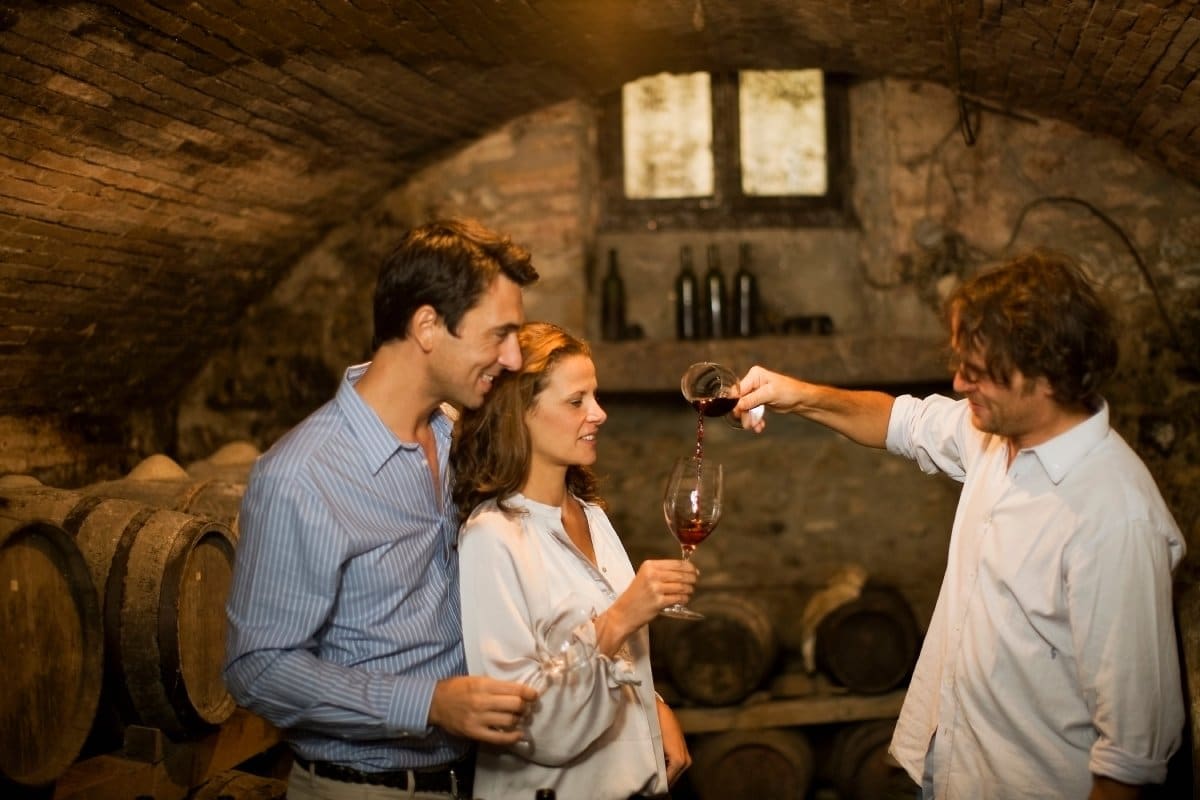Wine fraud is more common than you think, and it’s costing you big time. Here’s how to identify fake bottles and protect your wallet from scams.
Billion-Dollar Wine Scam

Wine fraud is a billion-dollar issue affecting everything from high-end vintages to everyday bottles. The EU reports that counterfeit wines cost the wine sector over €2.7 billion each year.
Counterfeit Tricks

Counterfeiters refill old bottles, forge labels, and dilute wines, passing them off as premium products. These scams undermine consumer trust and harm the market.
History of Deception

Wine fraud has been around for centuries. The notorious Rudy Kurniawan case, which led to his arrest in 2012, highlighted the scale and sophistication of these operations.
Winemakers Take the Hit

Legit winemakers face significant financial losses due to counterfeit wines. These losses affect revenue, brand reputation, and consumer trust.
Economic Ripples

The wider economy suffers as counterfeit wines erode consumer confidence and market stability. Globally, the wine industry loses about $3 billion annually to fraud.
Health Hazards

Fake wines can be hazardous due to harmful additives and unsanitary production methods. Consumers have reported illnesses linked to counterfeit wines containing toxic chemicals.
Spotting Fakes

Learn to read labels and understand wine certifications. Designations like AOC or DOCG can help ensure you’re buying genuine products.
Stick to Trusted Sources

Buy wine from reputable sources, including certified retailers and directly from wineries, to reduce the risk of fraud.
Tech to the Rescue

Blockchain and digital tracking are being used to ensure wine authenticity, providing a secure and transparent supply chain.
Sommelier Skills

Professional sommeliers and wine experts are key in identifying and preventing wine fraud. Their expertise helps detect anomalies and protect consumers.
Legal Crackdown

Governments and industry bodies are implementing stricter regulations and harsher penalties for wine fraud. New laws in the EU and US aim to better combat counterfeit wine.
Educate Yourself

Educating consumers about the risks and signs of counterfeit wine is crucial. Informed buyers are less likely to be deceived.
High-Profile Busts

Cases like Rudy Kurniawan’s bring attention to the issue and drive action. His arrest and the documentary “Sour Grapes” exposed the fraud’s pervasiveness.
Auction Alerts

Wine auctions are particularly susceptible to fraud. Ensuring transparency and authenticity in auctions is crucial for buyer protection.
Lab Testing

Advanced testing methods can verify wine authenticity. Techniques like nuclear magnetic resonance (NMR) spectroscopy help detect fake wines.
Geographical Markers

Protected geographical indicators ensure wine comes from the claimed region. Labels like Napa Valley or Bordeaux add a layer of authenticity.
Market Watch

Continuous surveillance helps detect and prevent counterfeit wines. Organizations like the Wine and Spirit Trade Association (WSTA) conduct regular inspections.
Future of Wine

Technological innovations and stricter regulations promise to reduce wine fraud. The industry is moving towards greater transparency.
Support the Good Guys

Supporting ethical and transparent producers promotes a fair wine market. Consumers can make a difference by buying from reputable sources.
Stay Sharp

Stay informed and vigilant as a consumer. Verify the authenticity of high-value purchases and be cautious of deals that seem too good to be true.
Featured Image Credit: Shutterstock / CCISUL.
For transparency, this content was partly developed with AI assistance and carefully curated by an experienced editor to be informative and ensure accuracy.





